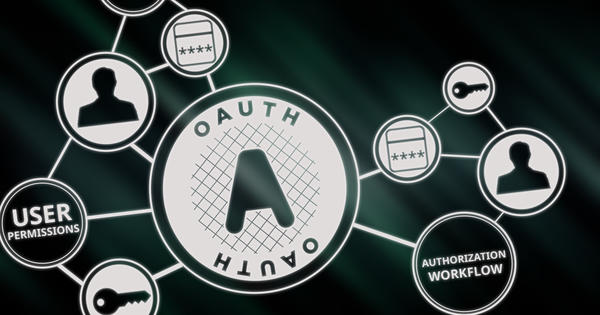There is absolutely no doubt about the fact that a majority of smartphone users are spending a maximum of their time on applications. Research has revealed that consumers of these applications are launching at least 9-10 apps per day and more than 30 per month which means that an average consumer of apps is spending about 3 hours in a day on his/her smartphone and about 90% of that time is spent on browsing and running applications.
While most of the criteria for deciding whether an app is successful or not, is dependent on how responsive the application is, most consumers have valued reliability and security of the application higher, even over other attributes such as convenience and speed.
So, in this world of ever-increased need for security, OAuth 2.0 seems to be answer. It is widely considered as the one of the most secure data sharing standard in the market today. It paves the path for secure authorization for using applications and it is done by you authorizing the right to access personal information through an API. Once your private data is replaced with a random code, authorization is granted to the application. In this way, even if a hacker does get access to the token, the information they will get will be rendered useless.
Security, surprisingly, isn’t the only and the main feature of OAuth 2.0. From streamlining authorization decisions to create additional layers for protection, OAuth 2.0 promises to do more than just tightening security.
When it comes to the finance industry or even the retail industry, this sort of “tokenization technology” is deemed to become the standard aspect of most transactions. When the authorization process can be quickly done over sharing of API’s, OAuth 2.0 can facilitate more efficient tokenized transactions.
OAuth 2.0 is also being increasingly considered as the focal aspect of authorization. When it is paired with OpenID Connect, its authentication and authorization process only become much stronger. OpenID Connect is a simple identification tool that operates on the foundation of OAuth 2.0 that helps power Google’s login system. Since OpenID Connect is an open system, business owners and individuals alike along with developers can operate on this standard without worrying about any legal implications or restrictions.
There have been numerous reports about various applications coming forward and talking about data breaches. This makes it even more important for applications that are not strongly protected, to up their security features. OAuth 2.0 is the answer for these applications.

 Web and Full Stack
Web and Full Stack CMS and Frameworks
CMS and Frameworks Online Marketing
Online Marketing Cloud Services
Cloud Services ECommerce
ECommerce Mobile
Mobile



